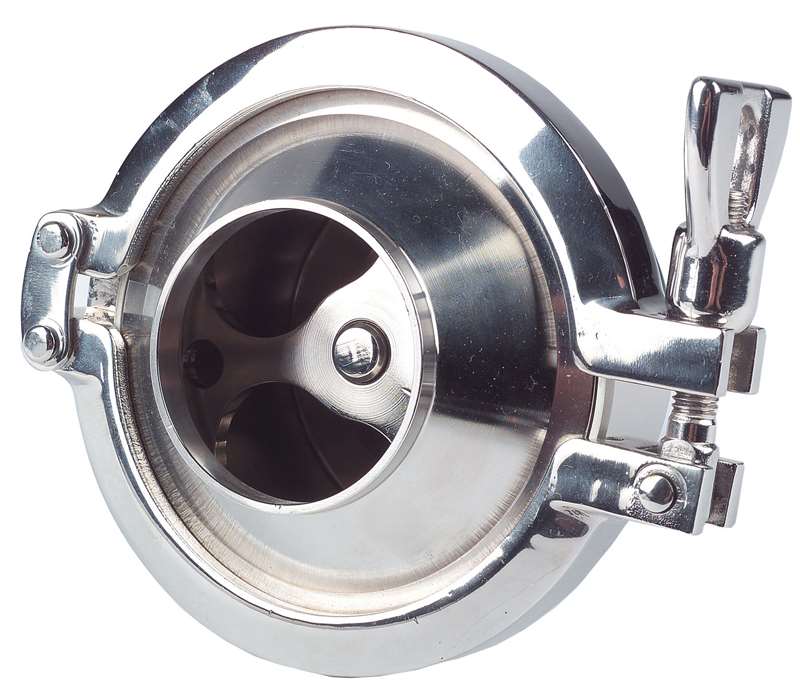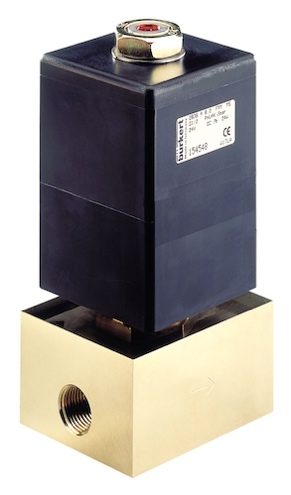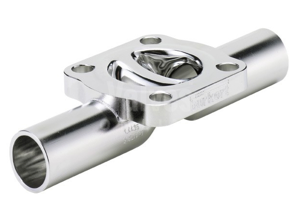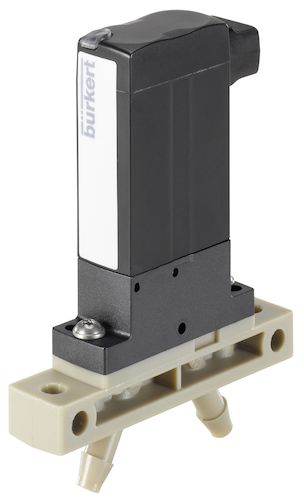
A Comprehensive Guide To Types Of Valves Used In The Pharmaceutical Industry
In the particular world of pharmaceuticals, precision, sterility, and reliability are of the greatest importance. One vital element that often flies under the radar, but plays a pivotal role, is valves. These unsung heroes ensure the safe and controlled flow of gases and fluids, essential for the manufacturing of life-saving drugs.
Here at BM Engineering Supplies, we recognise the significance of valves for the pharmaceutical industry. In this article, we’ll delve into the types of valves used in the pharmaceutical industry, the ways they’re used to aid manufacturing, their main functions, and where they’re used.
What types of valves are used in the pharmaceutical industry?
Sanitary valves
Sanitary valves are the essence of cleanliness and sterility in pharmaceutical production. These specialised valves are designed to meet the highest hygienic standards. They are constructed with materials that are easy to clean and sterilise and often feature clamps or weld ends to prevent dead spaces where contaminants can accumulate.
All types of valves used in pharmaceutical industries are hygienic/sanitary.
Hygienic ball valves
Hygienic ball valves are simple yet robust, making them a popular choice in the pharmaceutical industry. They consist of a hollow sphere (the ball) with a hole in the middle. When the handle is turned 90 degrees, the hole aligns with the pipeline, allowing fluid or gas to flow through.
In the pharmaceutical world, they’re used to start, stop, or regulate the flow of liquids. Their easy maintenance, low leak potential, and ability to maintain a clean internal environment are crucial in applications like pharmaceutical mixing and transferring.
Sanitary diaphragm valves
Sanitary diaphragm valves are often the popular choice when it comes to applications requiring a high level of cleanliness. This is because they use a flexible diaphragm to separate the fluid from the valve body, ensuring no contamination.
The pharmaceutical industry tends to utilise diaphragm valves in processes like sterile filtration, aseptic filling, and bioreactor systems. Their ability to prevent cross-contamination and provide an air-tight seal is crucial in maintaining the purity of pharmaceutical products.
Hygienic butterfly valves
Hygienic butterfly valves are known for their quick and efficient shut-off capability. These valves consist of a disc that rotates a quarter turn to control the flow. Their straightforward design minimises the risk of buildup, which is vital in pharmaceutical applications where any residue could lead to contamination. Butterfly valves find their place in applications like bulk powder and granular material handling.
Sanitary control valves
In pharmaceutical manufacturing, precise control over fluid flow is essential. This is where sanitary control valves come into play. These valves regulate flow by modulating the size of the flow passage. They are often used in applications like chemical dosing, where exact measurements are critical. In the pharmaceutical world, control valves help maintain the consistency and quality of the final product.
Hygienic check valves
Hygienic check valves, also known as non-return valves, allow fluid or gas to flow in one direction only. They are crucial in preventing backflow, which could lead to contamination or damage to equipment.
In pharmaceutical processes, check valves are used in various applications, such as preventing the reverse flow of products or ensuring that a pressure relief system works effectively in case of excess pressure.
Sanitary globe valves
Sanitary globe valves are extremely versatile and are often found in applications that require fine-tuning of flow control. Their design includes a plug and a seat that work together to regulate the flow. In pharmaceutical manufacturing, they are employed in systems where precise regulation of fluid flow is crucial, such as adjusting the flow of cleaning solutions, steam, or compressed air.
Hygienic pressure relief valves
Safety is of the utmost importance in the pharmaceutical industry. Hygienic pressure relief valves are critical in preventing overpressure situations in equipment and pipelines. These valves open automatically when the pressure exceeds a safe limit, releasing excess pressure to protect equipment and personnel.
In pharmaceutical settings, pressure relief valves are employed in various applications, including steam systems and tanks containing potentially volatile materials.
Valves for the pharmaceutical industries
In the pharmaceutical industry, even the smallest part can make a big difference in how safe and effective a product is. So, picking the right valve for each job is important. It’s not just about the valves; it’s about making sure the medicines people rely on are of the very best quality. At BM Engineering, we’re happy to do our part in making sure the pharmaceutical industry runs smoothly and safely.
Choose BME for your valve supplier
Here at BME, we have a range of products and valves that are well-suited to your specific needs. We understand the importance of valves in the pharmaceutical industry, which is why we have specifically crafted our product range to apply to a wide range of industries and requirements.
With valves ranging from ball to butterfly, we’ll have a valve suited to your industrial requirements. Get in touch with us today by calling 0141 762 0657 or email sales@bmengineering.co.uk.



